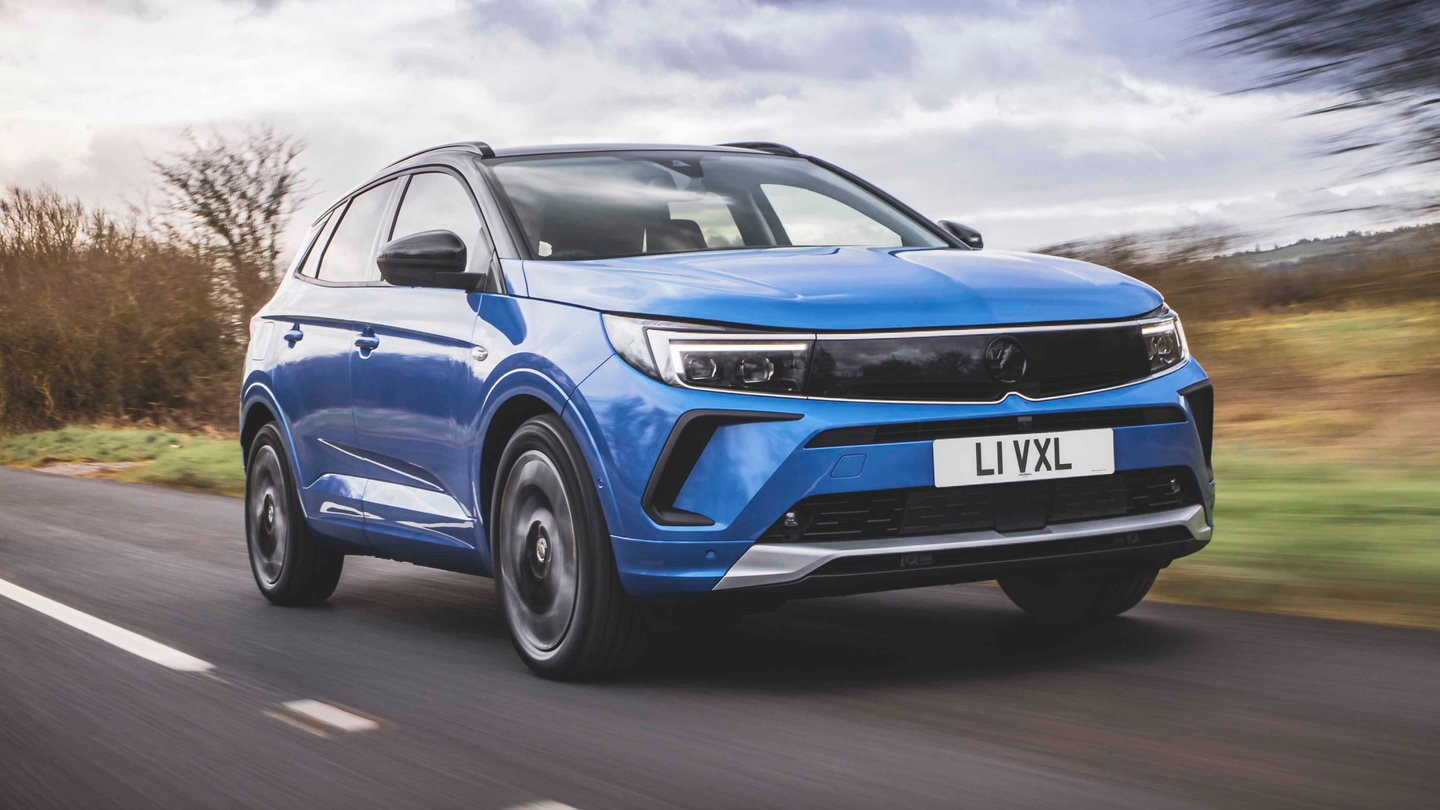
Vauxhall Astra engines, driving and performance
Gallery
How does the Vauxhall Astra drive?
If you just want to get from A to B without feeling like you've had to work for it, the Astra's driving experience will suit you well. There's abundant grip, even over scruffy roads, and the mature body control helps the car feel planted at higher speeds.
Point the Astra at a twisty road with any kind of enthusiasm, however, and there's nothing here to excite keen drivers. Harder cornering is only rewarded with progressively more body roll, until your passengers eventually complain of motion sickness, and the controls don't have the reassuring weight evident in sportier cars like the BMW 1 Series.
Knock your dial back a few clicks, however, and the Astra returns to being calm and composed, which makes it easy to use as a daily driver, without the more frantic experience found among sportier rivals.
Is the Vauxhall Astra comfortable?
While cabin comfort is excellent, the Astra's ride comfort is merely good. It competently takes the sting out of potholes and expansion joints, but impact are still quite clearly felt in the cabin – likely as a side effect of the car's secure high-speed body control. It never veers into discomfort, but can't quite match the more pillowy ride found on the Peugeot 308 or Citroen C5 X – the Astra's platform-mates.
On the plus side, however, refinement is pretty good. Engine noise across all models is muted but this is especially obvious in the plug-in-hybrid models, which turn their engines off when they're not needed. All models feature an acoustically insulated windscreen, which substantially reduces the amount of ambient noise that leaks into the cabin, making for a very hushed long-distance driving experience.
What’s the best Vauxhall Astra engine to get?
We haven't tried the more affordable petrol and diesel models in the Astra range yet but, having experienced them in similar Peugeot and Citroen cars, we expect they'll power Vauxhall's hatchback like a dream. Our test car was equipped with the 180hp 1.6-litre plug-in-hybrid engine, which is broadly impressive.
Acceleration all the way up to the national speed limit is strong, but the car feels especially muscular off the line thanks to the quick responses of the 110hp electric motor. The petrol engine joins in under full throttle, where you'll notice the upper limit of performance from its modest 180hp total output. In this circumstance, however, it doesn't drone noticeably – unlike the 1.5-litre petrol in Volkswagen, SEAT and Skoda models – and sounds distant from within the cabin.
The car never really feels sporty, however, so you rarely feel encouraged to pin the pedal to the floor. And, when you're just cruising around, the Astra's fast reflexes and plentiful torque at urban speeds make it easy to flow with traffic and grab gaps as they open up.
Vauxhall Astra performance
Our 180hp plug-in-hybrid test car covers the benchmark 0-62mph sprint in 7.7 seconds. That's pretty nippy for an average family car, but a few notches shy of entering full hot-hatch territory.
You can get a beefier version of this plug-in-hybrid setup in the Astra GSe. This boosts the 1.6-litre petrol engine's output, bringing the total to 225hp. All that extra shove only equates to a 7.5-second 0-62mph time, however, so we're not sure it's really worth the extra expense over the 180hp version.
The Astra's conventional petrol and diesel engines return 0-62mph times in the nine-to-10-second range, which is going to be enough for most drivers.
















































